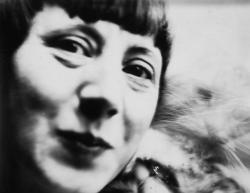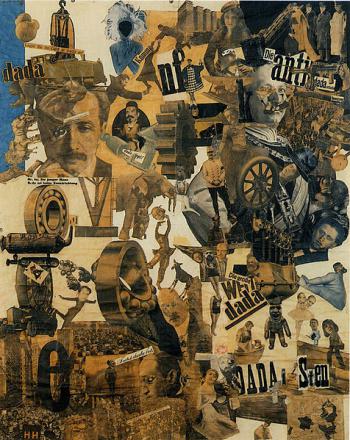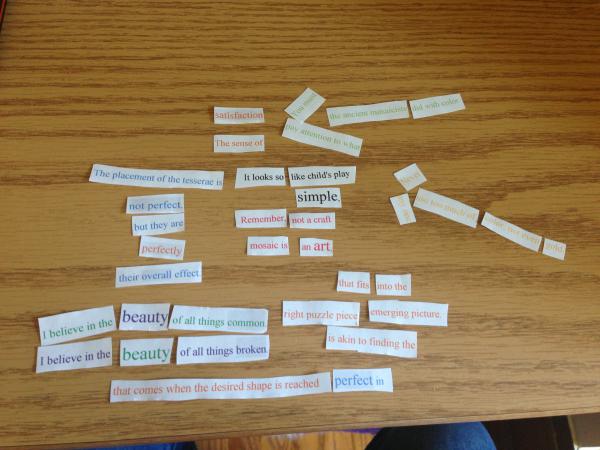Serendip is an independent site partnering with faculty at multiple colleges and universities around the world. Happy exploring!
Yancy's blog

Mid-semester evaluation
When I saw this topic ‘play in the city’ for the first time, actually I thought it was ironic. The word ‘play’ seemed to be irrelevant, even opposite to a course topic. The definition of ‘play’, in my mind, is just activity which people choose to get happiness and easiness. In the readings we read in this class, almost every writer has her own definition of ‘play’, and because of this, the topic becomes deeper and complicated to study. I receive those definitions although sometimes I did not accept them, and because the help of our trips to Philly, I can try to understand them. The course is like an un-known city, such as Philly, having various aspects to explore and surprising me often.

Play in the Chinatown again
What a hot day! Amy and I walk on the street to find our destination-the train station for a long time. Compared to the Paoli Local, the way to R-100 is so long and this transportation is inconvenient for the students in Bryn mawr College. Finally, when we sit on the train, tiredness hit us and the views flashed outside the windows increase such feeling. It seems like we are in a forest, reminding me of my travel way in mountains in Taiwan. Trees fill up the blank space made by sky and sunshine. The music, coming out from the earphones of a man near me, and the tiny bumps made by the train, spread drowsiness among travelers. In Paoli Local, it is seldom to hear the music by others, and the air there is more serious. Here on the R-100, I thought I feel more relaxed.

Maybe not for fun
1. I found many funeral announcements.
2. The announcement reminds me of a few weeks ago, when I walked on the street in Philly, I saw a church somewhere, and near the church is a cemetery.
3. https://www.google.com/#q=philadelphia+cemetery I find many cemeteries.

Play in the Chinatown
Coming up from the train station and crossing one crossroad, my partner and I glanced at each other with happiness in our eye, because the gate of Chinatown shining under the sunlight appeared in front of us. With the distance of the gate and us becoming shorter and shorter, more and more people with black eyes and black hairs walked around us, and we heard some familiar Chinese words. At that moment, my heart was full of pleasure and surprise. After several weeks of being away from my hometown, it was my first time to see so many Chinese people and words. My partner read every word she saw, and took as many photos as she could to memorize this afternoon. Some restaurants put their menus on the window, and almost all the food we have tried in China. We stood before the window and seemed that we have come back to the previous life in China.
We walked around the roads again and again, and the excitement started to appease. Finally we sat in a Chinese restaurant where all the waiters and waitresses were people with black eyes and hairs. Then we ordered some food in Chinese spontaneously: the Xiao long bao, vegetable fried rice and Jiuniang yuan xiao. To my first surprise, I found the waiter did not write Chinese words on the paper, and he wrote in English. Then the second came: the thick cover of Xiao long bao and the filling of yuan xiao.

Some information about Dada
The word ‘Dada’ is strange for me. When I read it, the word seems meaningless and is onomatopoetic. After I read the article, I found some information about this movement. I’m interested in the link between art and the war. Artists who started Dada wanted to use this movement to express their feeling, their weariness and horror against the WW1. Those people worked against the main stream, because they thought the main stream thoughts reflected the ideas of persons who caused the war. The attitude was negative to everything. They gave up the logic, and wanted to destroy. The obvious person in the movement I noticed is Hannah Hoch, a German Dada artist. Actually at that time, many male members in the movement believed ‘paid lip service to women's emancipation’, it was not easy for her to take part in. In her work, she expressed not only the idea of Dada, but also the idea of feminism.



The first trip

I thought Philadelphia was a modern city with hundreds of high-rise buildings, busy men silently walking in the streets and thick dark clouds. My thoughts are broken when I go up from the Septa station and the first sunlight shines on my hair. Blue sky and clouds are like the Easter egg and its soft white decorative patterns, enwrapping the old but fashionable city.




